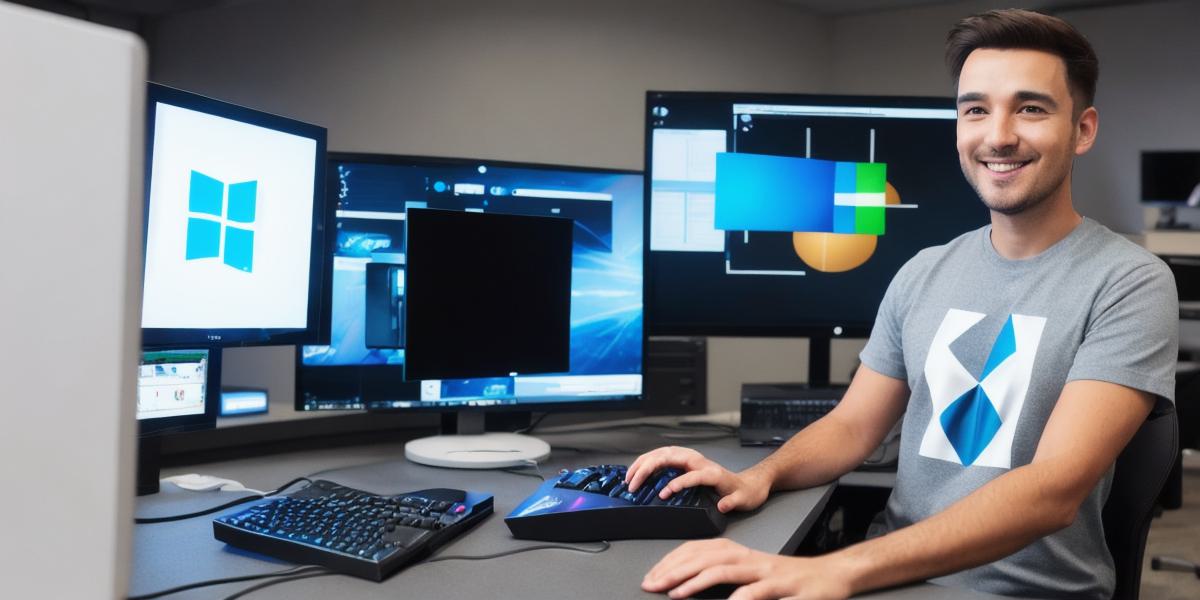**Getting Started with Unity Game Development:**
Unity is a popular game engine used by professionals and hobbyists alike to create immersive 2D and 3D gaming experiences. As a web developer, you may be wondering how to get started with Unity game development. In this response, we’ll outline the essential steps and provide resources to help you embark on this exciting new journey.

**1. Familiarize Yourself with Unity:**
Before diving into development, it’s crucial to understand the basics of Unity. Visit the Unity website (unity.com) and explore its features and capabilities. Check out the official Unity documentation and tutorials to gain a solid foundation in the engine.
**2. Install Unity:**
Download and install the latest version of Unity Hub, which is a standalone application that manages your Unity projects, versions, and licenses. Follow the installation instructions carefully to ensure a smooth setup.

**3. Learn Unity’s Interface:**
Once installed, take time to learn Unity’s interface. Familiarize yourself with the Scene view, Game view, Hierarchy window, Inspector window, Project window, and other essential panels. Practice creating simple scenes and manipulating game objects.
**4. Master the Scripting API:**
Unity supports C scripting, which is widely used in the game development industry. Learn the basics of C and Unity’s MonoBehaviour component to write scripts that control game behavior and logic. Use online resources like the Unity Learning Platform (unity.com/learn) and the Unity community (forum.unity.com) for guidance.
**5. Create Your First Project:**
Start with a simple 2D or 3D project to gain experience in Unity development. Experiment with creating game objects, manipulating their properties, writing scripts, and attaching components to objects. This will help you understand the core concepts of Unity and game development.
**6. Learn from the Community:**
Join online forums and communities like the Unity community (forum.unity.com), Reddit’s r/unity3d, and GitHub to connect with other developers and learn from their experiences. Share your progress, ask questions, and collaborate on projects. You can also find many free and commercial assets that can help enhance your games.
**7. Keep Learning:**
Unity offers a wealth of learning resources, including tutorials, webinars, and workshops. Continuously expand your knowledge by experimenting with new features and tools in Unity. Practice creating increasingly complex projects to hone your skills and build a strong portfolio.
In conclusion, getting started with Unity game development as a web developer is an exciting opportunity. By following the steps outlined above and continuously learning from resources and the community, you’ll be well on your way to creating captivating gaming experiences for various platforms.
